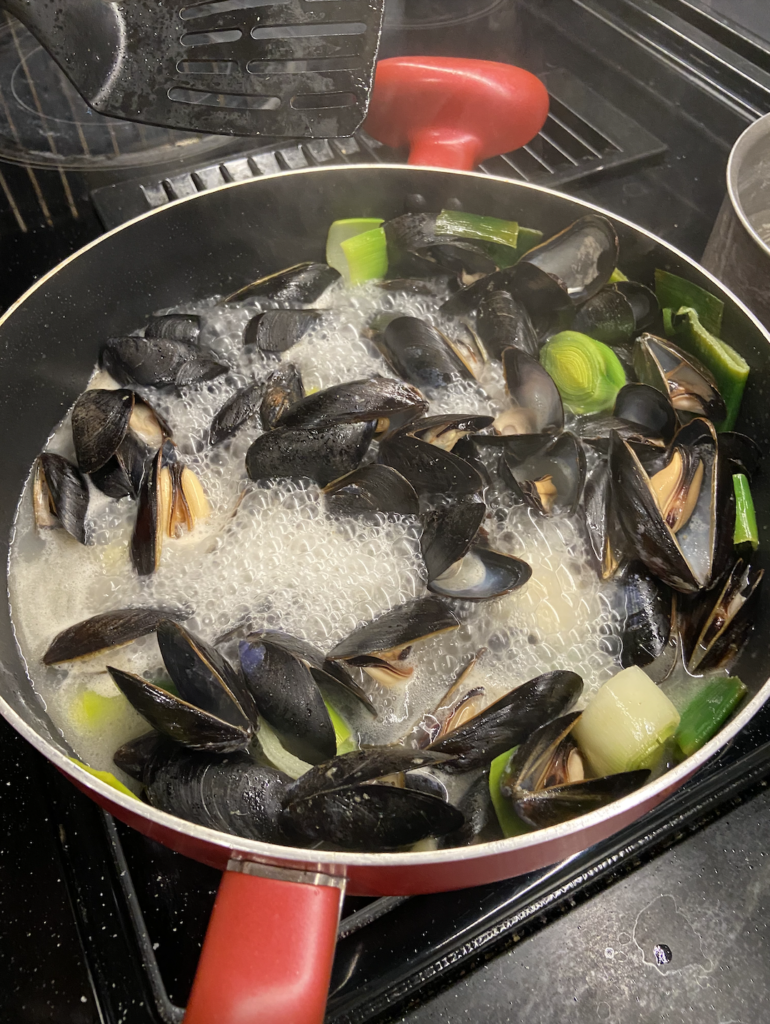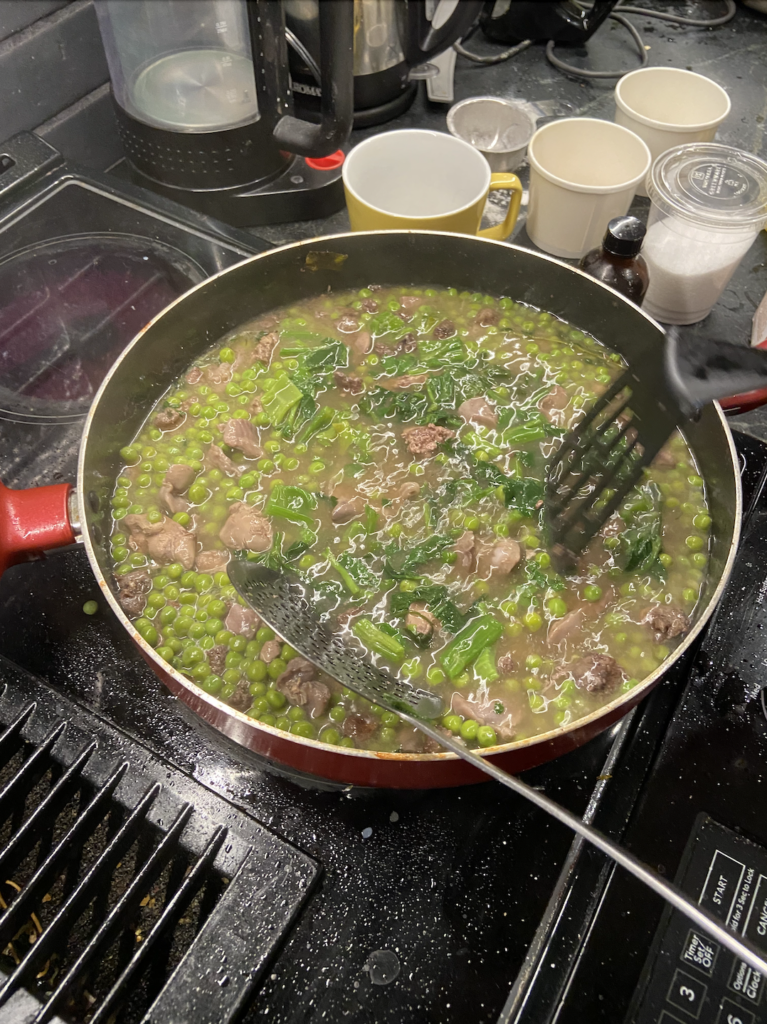sleep deprived hot takes on Monty Python: The Life of Brian
“You gotta come up with something better, love. Come on, exercise what few remaining brain cells you have.” My friend said with much exasperation when I told her the plan for my last ACTA. Well, my last few brain cells have already handed in their two weeks resignation three weeks ago, and I am a woman set in my ways. It’s not that I don’t know that Life of Brian doesn’t belong in a Roman history course just as Olive Garden doesn’t belong in an editorial on Italian cuisine. That doesn’t stop me from arguing for it, though.
The final session of Roman Rev hammered into all of us the importance of legacy. And just as we often interpret history to be unchanging words printed on dry paper, legacy seemed such a static thing. What has caused it to happen has already happened, and here we stand, in a shadow as permanent as the death it commemorates. It is passive, and can only fade rather than rise. Yet the colosseum has lights fitted into it now, to help improve its attractiveness for night time tourism. My relative installed a god awful cherubic statue on her porch, which was promptly dubbed “pasty boy” by her son. My point here is that legacy is very much an active part of history as people take part in manipulating and shifting what has been left to them, highlighting this part and ignoring that part to make the past fit their narrative. We take shadows from ancient tales and wove plays out of them, and those plays then become the true history to many people. Legacy and historical narratives are always shifting, and reflect more on the current world as much as it did the past.
Life of Brian is a story which keenly focused on this sense of a shifting legacy. Set in the time of Jesus, it is very much a religious satire as it poked holes or offered alternative explanations for the fantastical stories recorded. But even more so, it is a satirization of the narrative which we have assigned to the past. The Romans portrayed were pompous and kafka-like in their obsession with bureaucracy, armed with upper-class British accents and a resounding deafness to humor or timing. Monty Python Troupe had taken the ideologies that we masked the Romans’ with, and turned them into caricatures.
From Ben-Hur to Spartacus, an interesting dichotomy of our obsession with Rome is that Rome is often played as the bad guy in our stories. Rome to the modern soul meant power, and while we idolize power, we also idolize a controlled sense of individualism. Spartacus or Ben-Hur, while rebelling against Rome firmly represented the widely popular ideas of vengeance, justice or freedom, and later a new form of populist power itself. The story then quickly turns into taking down the establishment. Life of Brian understood this take, and turned it around its head. Rome is still the establishment, but it is in effect a relatively powerless one, swamped by bureaucracy and general idiocy. The supposedly heroic populist movement however, is even more meaningless, and in the end succumbing to its own mania and in fighting. Nothing is serious in Brian, nothing makes sense, because what it isn’t grounded in reality. It’s almost like taking the lights of the Colosseum and making a light show out of it complete with inflatable statues, and through that spectacle the organizers show the audience how far our perception is from what once truly was.


